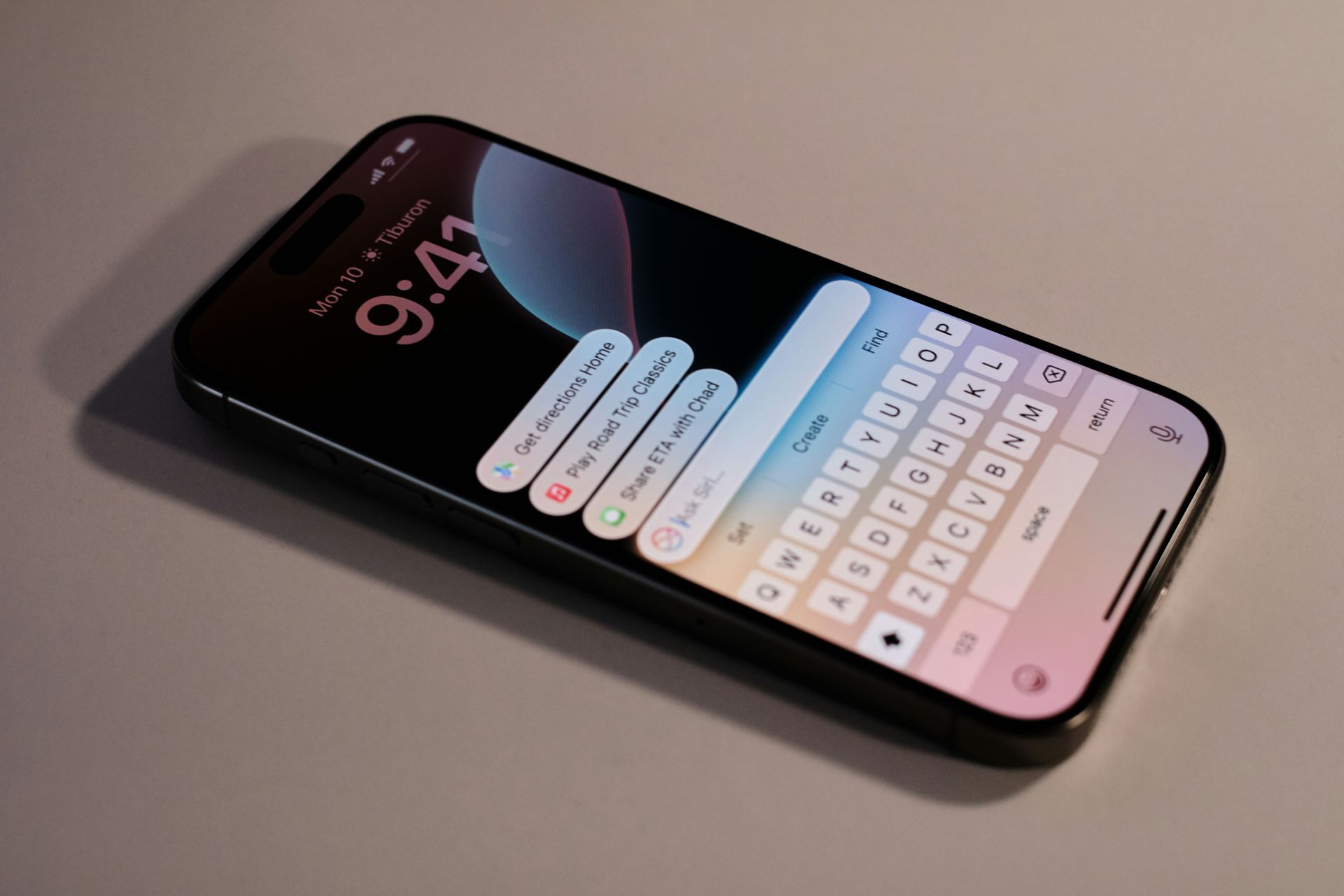3 Ways To Better Maintain Your Peace Over Panic During Periods of Disruption
Mallory Rothstein, Founder and Chief Learner of Learn What Matters shares with us some practical tips to help us maintain 'peace over panic' during these challenging times. To learn more about Mallory, check out her Facebook Live Q+A with GenMH Founder Jackee Schess!
Throughout your life, whether you’re 5 or 85 years old, you’ll experience some sort of disruption. Whether it’s as small as your sibling abruptly changing the channel on the TV you’re watching or as large as experiencing an unexpected car accident, disruption is part of everyone’s life, even for CEO’s, celebrities, and world leaders! No one is exempt and disruption is a constant that is not going anywhere soon.
During the COVID-19 pandemic, we’ve seen the fear and panic that disruption can often have on both a societal level and on an individual level. Many people have recently found themselves struggling to figure out how to maintain peace over panic during this unprecedented time. Myself included.
Just when I was supposed to be submitting this blog post to Jackee from Generation Mental Health, I got a text from my sister that said, “I have shocking news…” She then shared that a close family friend of ours died by suicide. Everything in my world suddenly got disrupted. I was less than 10 minutes away from an important business call. This blog post was overdue. I had tons of virtual speaking engagements planned for the next few days ahead.
I’d be lying if I said I didn’t panic at first. I postponed almost everything my schedule had planned for the following 48 hours after receiving that text. To be clear, the goal is never to be perfect but rather to become more self-aware and lessen your duration of panic each time so peace can be felt sooner.
It can be difficult at times to maintain your peace over panic during unexpected disruptions but my goal is to make it easier by sharing 3 ways that can help you progress in your journey.
Here are the 3 Ways To Better Maintain Your Peace Over Panic During Periods of Disruption:
Focus on what you can control.
There is a lot in life we cannot control, including disruption. But there is still a ton that we do have control over. The first is what you consume. Think about what foods, music, social media, and news you’re choosing to consume. The second is what you create. Think about what inner thoughts, creative projects, and environments you’re choosing to create. The third is who you call. Think about who you choose to call or surround yourself with when disruption happens. It’s critical that what we consume, what we create, and who we call bring us more peace and happiness into our lives than increasing panic. Ever find yourself upset then playing sad music all day or calling up that one friend who always has something negative to say? No more of that. Focus on consuming, creating, and calling the people, places, and things that bring greater peace over panic into your life.
Identify your triggers and create a trigger plan.
Identifying what triggers you is important. Take out a journal or wherever you virtually log notes. Next, make a list of people, places, and things that trigger you in a negative way. For some people it might be hearing their ex’s name and for others it can be having a health scare. There is no limit on the amount of triggers you should write down. Include them all. This creates greater self-awareness for the following step which is to write down all the things that bring you your greatest joy. Maybe that’s exercising or playing with your pet.
Developing a trigger plan is about having a list of people, places, and things that make us joy so when we experience a trigger or disruption, we can choose from our list something that can instantly lessen the feeling of panic. For example, when I got that text from my sister, I decided to cancel my work meetings then take a nap, run a bath, and dance around my apartment listening to my favorite music. These are some of the things that often relax me and did help lessen the heightened negative emotions I had been facing.
It’s all about finding what trigger plan will work best for you.
Prioritize play and fun.
When disruption happens, we often go into ‘serious mode’, increasing our feelings of fear and anxiety or intense problem-solving. Play and fun often fall off our radar when in reality they should both be at the top of our priority list. Going through disruption doesn’t mean you can’t still watch silly TikTok videos or play board games with your family or friends. Laughter and smiling can be medicine itself. During this pandemic, one of my aunts sent different family members puzzles which we all competed together to see who could complete the puzzle first. It was a great way to have all of us take our minds off the stress of the world and have fun as a family.
Make play and fun a priority in your life, especially during disruption.
I share these 3 tips to help you better maintain your peace over panic during moments of disruption. Over time, as you continue to apply these tips, there is a near guarantee that panic will lessen and peace will come sooner.
If you’re looking for more tips, please feel free reach out to me on any social media platform under @ilearnwithmal or Mallory Rothstein.



